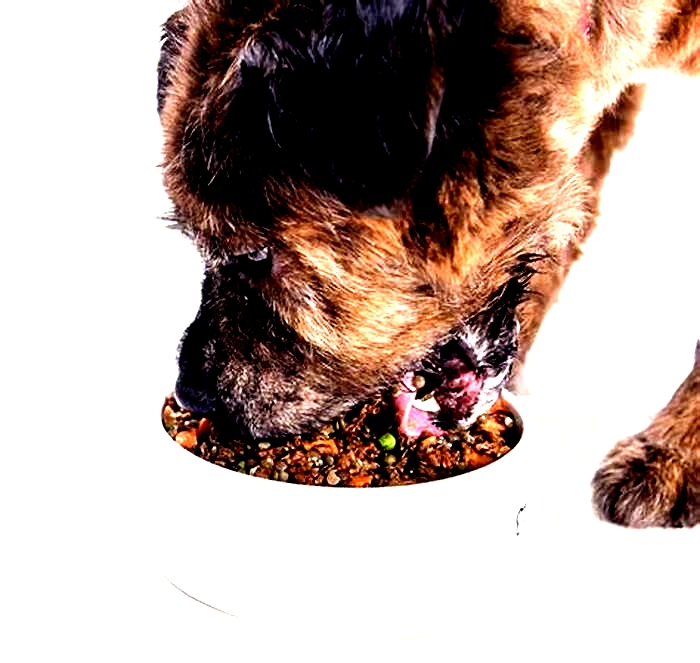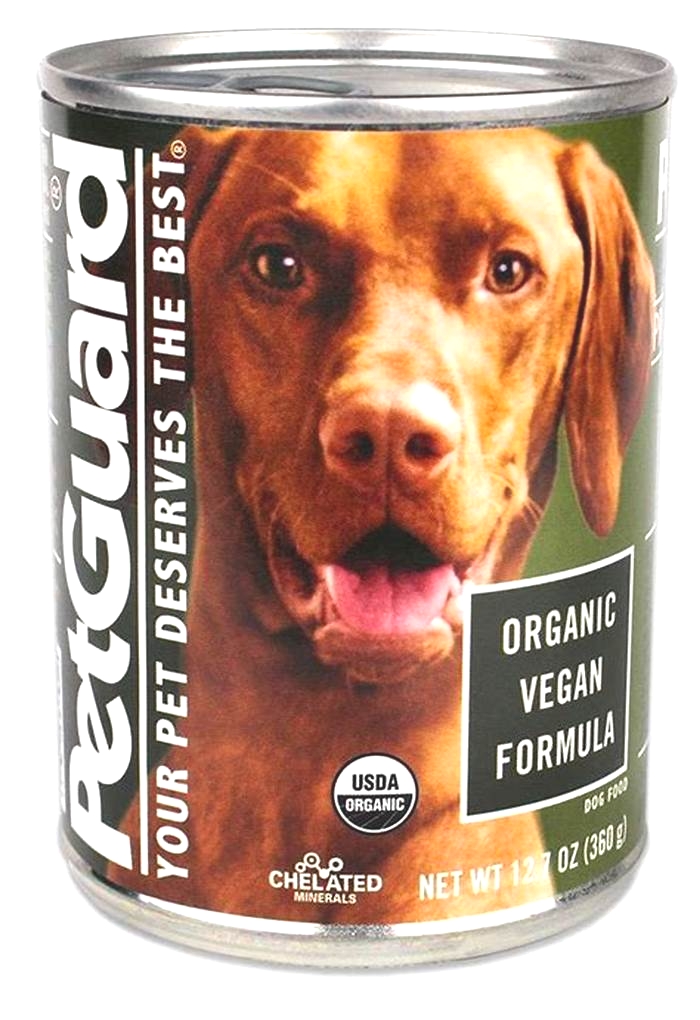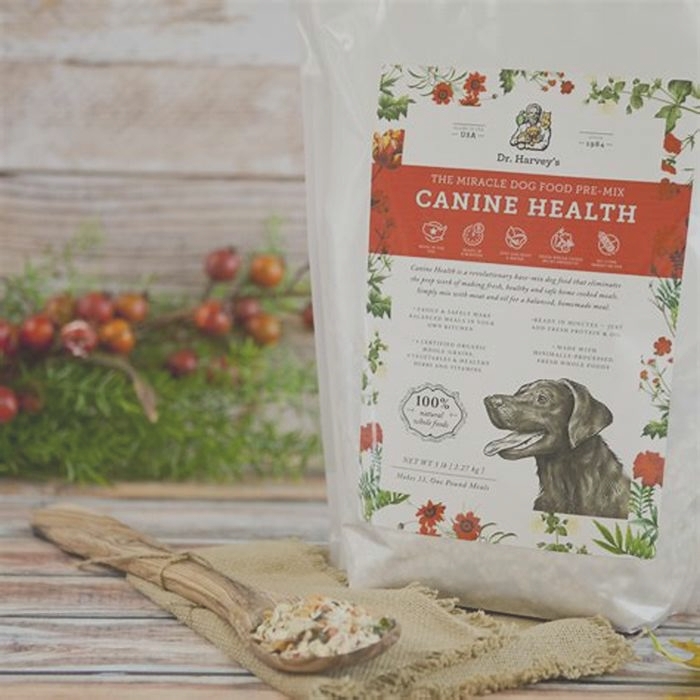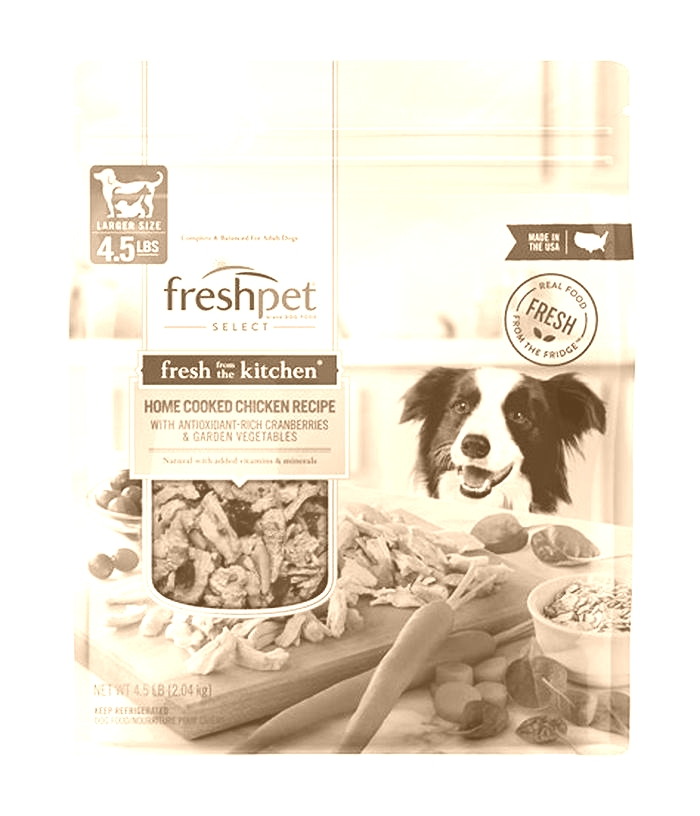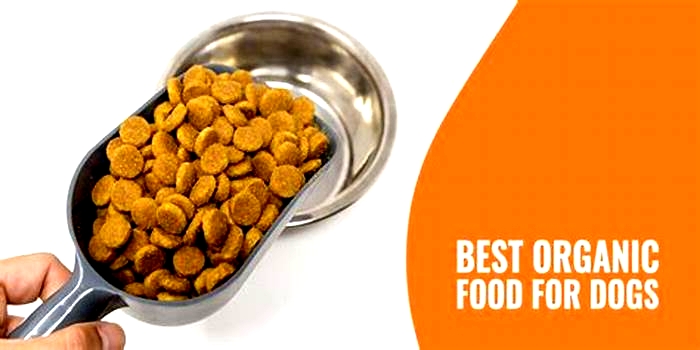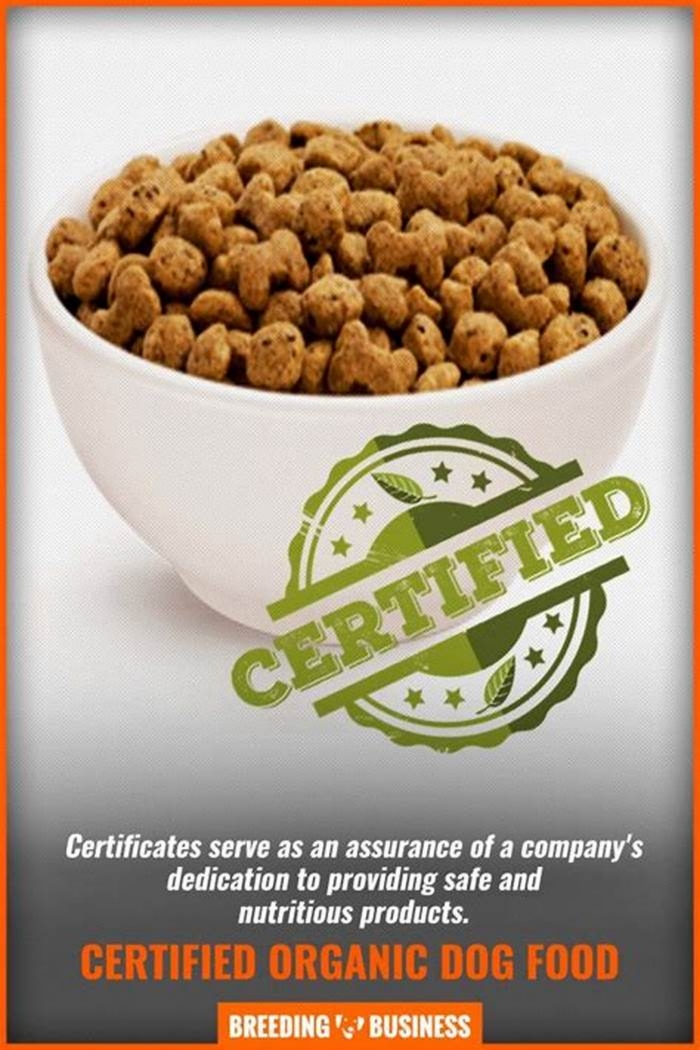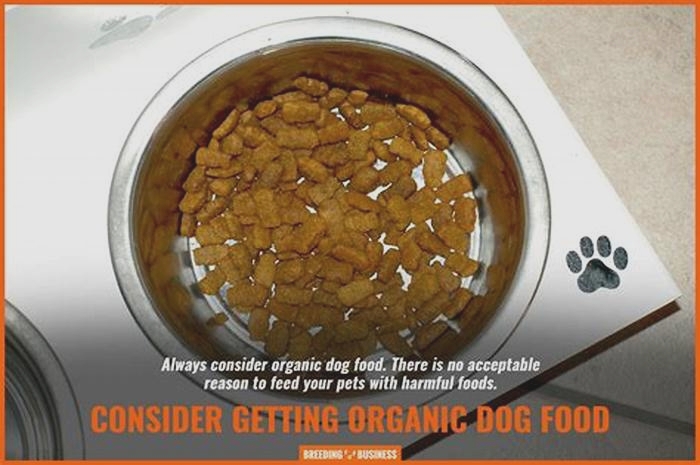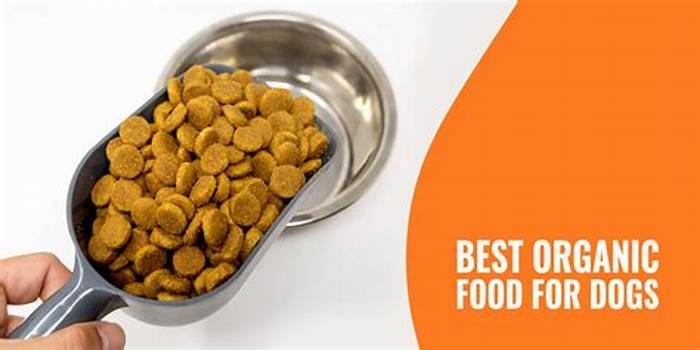Plant Powered Pooches Why Organic Dog Food Reigns Supreme
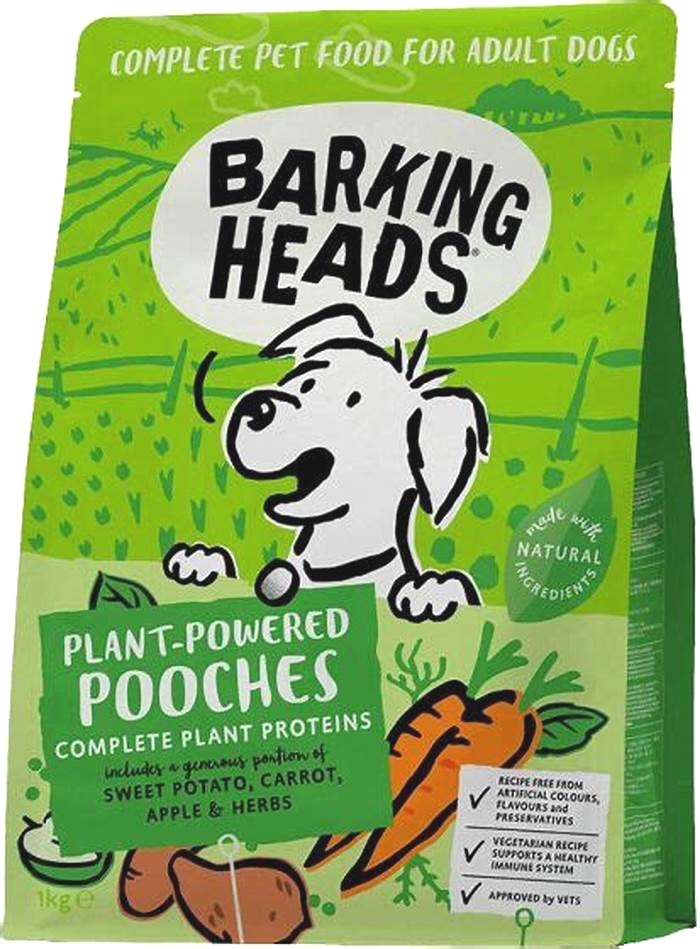
Plant-Powered Pooches: Delicious Homemade Vegetarian Dog Food Recipes
Hello, dedicated dog parents! Today, were exploring the world of vegetarian diets for our four-legged friends. More and more pet owners are considering plant-based options for their pets, driven by health concerns, ethical reasons, or dietary needs. But how can we ensure that a vegetarian diet meets all of our dogs nutritional requirements? Lets dive in and discover how to provide balanced and nutritious vegetarian meals for our pups.
Popular Vegetarian Recipes for Dogs
Providing a vegetarian diet for your dog doesnt mean compromising on taste or nutrition. Here are two delicious and nutritious recipes that your furry friend is sure to love.
Recipe 1: Lentil and Veggie Stew
Ingredients:
- 1 cup of lentils
- 2 carrots, chopped
- 1 sweet potato, chopped
- A handful of spinach
Instructions:
- Rinse the lentils thoroughly and place them in a pot with 3 cups of water. Bring to a boil, then reduce heat and simmer for 25-30 minutes until the lentils are soft.
- In another pot, boil the carrots and sweet potato until they are tender.
- Add the spinach to the lentils and cook for an additional 3-5 minutes.
- Allow all ingredients to cool, then blend or chop to create a consistency thats easy for your dog to eat.
Nutritional Benefits:This stew is packed with protein from the lentils, while the carrots, sweet potatoes, and spinach provide a variety of essential vitamins and minerals. Its a hearty and healthy option for any vegetarian canine.
Recipe 2: Quinoa and Bean Feast
Ingredients:
- 1 cup of quinoa
- 1 can of black beans, rinsed and drained
- 2 carrots, chopped
- 1 zucchini, chopped
Instructions:
- Cook the quinoa according to package instructions.
- In a separate pot, boil the carrots and zucchini until they are soft.
- Ensure the black beans are thoroughly cooked to avoid any toxicity.
- Mix the quinoa, vegetables, and black beans together, ensuring a consistent blend.
Protein Power:Quinoa is a complete protein on its own, but when combined with black beans, it provides an even richer source of essential amino acids. This feast is not only delicious but also packs a powerful protein punch for your vegetarian dog.
These recipes are simple to prepare and provide a balanced and nutritious meal option for dogs on a vegetarian diet. Always consult with a veterinarian before making significant changes to your dogs diet to ensure they are receiving all the necessary nutrients.
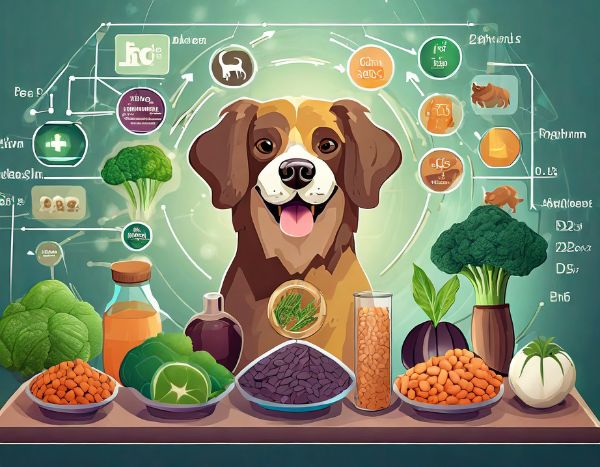
Understanding the nutritional needs of your dog is crucial, especially when opting for a vegetarian diet. Heres a comprehensive guide to ensure your furry friend gets all the necessary nutrients from plant-based sources.
Essential Nutrients from Plant-Based Sources
Proteins: Dogs need proteins for various bodily functions, and plant-based diets can provide this essential nutrient. Beans, lentils, and quinoa are excellent sources, offering a variety of amino acids necessary for your dogs health.
Amino Acids: There are certain amino acids that dogs cannot produce on their own, making it crucial to include them in their diet. By incorporating a variety of plant-based proteins, you can ensure that your dog receives all the essential amino acids they need.
The Role of Protein and Amino Acids
Building Blocks: Proteins and amino acids serve as the building blocks for muscles, aiding in cell repair and contributing to overall health and well-being. They play a vital role in almost all biological processes in your dogs body.
Finding the Balance: Achieving the right balance of amino acids is key when feeding your dog a vegetarian diet. Ensure that you provide a diverse range of protein sources to meet all their amino acid requirements, promoting optimal health and vitality.
By paying close attention to these nutritional aspects, you can create a vegetarian diet for your dog that supports their health and caters to their needs. Remember, consulting with a veterinarian or a pet nutritionist can provide additional guidance and peace of mind.
Supplements and Additions
Ensuring your dog receives all the necessary nutrients on a vegetarian diet may require some supplements and beneficial additions. Heres what you need to know to keep your furry friend healthy and happy.
When Supplements Might Be Necessary
Vitamin B12:
- Why Its Important: Vitamin B12 is crucial for many aspects of health, including brain function and the production of red blood cells.
- Vegetarian Concerns: Its primarily found in animal products, so dogs on a vegetarian diet might not get enough.
- Supplementation: Consider a B12 supplement to ensure your dog isnt missing out on this vital nutrient.
Taurine:
- Why Its Important: Taurine is an amino acid thats essential for heart health, among other functions.
- Vegetarian Concerns: While dogs can usually synthesize taurine, a vegetarian diet might not provide enough of the precursors for its synthesis.
- Supplementation: A taurine supplement could be beneficial to prevent deficiencies.
Safe and Beneficial Additions
Omega-3 Fatty Acids:
- Sources: Flaxseed oil or algae oil can be excellent plant-based sources of Omega-3s.
- Benefits: These fatty acids are essential for skin, coat, and overall health. Can be good for skin allergies.
Calcium:
- Why Its Important: Calcium is crucial for strong bones and teeth.
- Vegetarian Concerns: If the diet doesnt include bones, your dog might not get enough calcium.
- Supplementation: Consider a calcium supplement, especially if your dogs diet is lacking in this mineral.
By paying attention to these specific nutrients and considering supplements and beneficial additions, you can ensure that your vegetarian dog receives a balanced and nutritious diet. Always consult with a veterinarian before adding supplements to your dogs diet to ensure they are necessary and given in the correct dosage.
Tips for a Successful Vegetarian Diet
Embarking on a vegetarian diet for your dog requires careful planning and observation to ensure they remain healthy and vibrant. Heres how you can do it right:
Monitoring Health and Energy Levels
Regular Check-ups:
- Importance: Regular veterinary visits are essential to monitor your dogs health and ensure their diet is meeting all nutritional needs.
- What to Look For: The vet will check for signs of nutritional deficiencies and ensure your dog is thriving on their vegetarian diet.
Observation:
- Energy Levels: A healthy dog should be energetic and playful. If you notice any lethargy, it could be a sign that their diet needs adjustment.
- Coat Condition: A shiny, healthy coat is a good indicator of proper nutrition. Look out for any dullness or excessive shedding.If it is the opposite, then your dog might be allergic to it, and have skin allergy.
- Overall Well-Being: Pay attention to your dogs mood, activity level, and physical condition. Any changes could indicate a dietary imbalance.
Ensuring Nutritional Needs Are Met
Balance is Key:
- Variety: Providing a variety of ingredients ensures a more balanced and nutritious diet. Include different types of vegetables, legumes, and grains.
- Complete Proteins: Ensure that the diet includes complete proteins, which contain all the essential amino acids your dog needs.
Professional Advice:
- Consult a Canine Nutritionist: They can help formulate a balanced vegetarian diet tailored to your dogs specific needs.
- Regular Nutritional Assessments: These assessments can help identify any gaps in your dogs diet and adjust as necessary.
By following these tips and keeping a close eye on your dogs health, you can provide a successful and nutritious vegetarian diet. Remember, every dog is different, and what works for one may not work for another. Always consult with professionals and be prepared to adjust the diet as needed to ensure your furry friend stays happy and healthy.
Addressing Common Myths and Concerns
When it comes to vegetarian diets for dogs, there are plenty of myths and concerns floating around. Lets address some of these and provide evidence-based information to help guide pet owners.
Debunking Myths
Complete Nutrition:
- Myth: Dogs cant get all the nutrients they need from a vegetarian diet.
- Reality: With careful planning and the right supplements, a vegetarian diet can meet all of a dogs nutritional requirements.
Health Benefits:
- Myth: A vegetarian diet is always less healthy for dogs.
- Reality: Some dogs with specific health issues, such as allergies or digestive problems, might actually thrive on a vegetarian diet.
Providing Evidence-Based Information
Research:
- Support for Vegetarian Diets: Share studies or expert opinions that support the feasibility and benefits of vegetarian diets for dogs.
- Nutritional Adequacy: Highlight research that demonstrates how a vegetarian diet can be nutritionally adequate for dogs.
Success Stories:
- Real-Life Examples: Include anecdotes or case studies of dogs that have thrived on a vegetarian diet.
- Veterinary Endorsements: If possible, include statements from veterinarians who have overseen successful transitions to vegetarian diets.
By addressing these myths and providing solid, evidence-based information, pet owners can make informed decisions about their dogs diet. Its crucial to emphasize the importance of proper planning and consultation with veterinary professionals to ensure that a vegetarian diet is safe and nutritious for their furry friends.
Frequently Asked Questions About Vegetarian Dog Food
Many pet owners are curious about the feasibility and benefits of a vegetarian diet for dogs. Below, weve compiled and answered some of the most commonly asked questions to help guide you through this dietary choice.
What Homemade Veg Food is Good for Dogs?
- Answer: Dogs can thrive on a variety of vegetables as part of their diet. Some great options include carrots, sweet potatoes, green beans, and spinach. These veggies provide essential vitamins and minerals. However, its crucial to ensure that the diet is balanced and meets all of your dogs nutritional needs, possibly with the addition of supplements and a variety of protein sources like lentils and quinoa.
How Do I Make My Dog Vegetarian?
- Answer: Transitioning your dog to a vegetarian diet should be done gradually. Start by mixing vegetarian food with their current diet, slowly increasing the proportion over several weeks. Pay close attention to your dogs reaction to the new diet and consult with a veterinarian or canine nutritionist to ensure that all nutritional requirements are being met. They can help guide you on the right supplements and food choices. Remember that dogs have evolved, but they still need meat, they cant be full vegans. That could be really hurtful for them, In fact dog food that do not contain any meat is factor to be considered one of the worst types of commercial dog food
Is a Vegetarian Diet OK for Dogs?
- Answer: Yes, with proper planning and monitoring, a vegetarian diet can be suitable for dogs. Dogs require a balanced diet with the right proportions of protein, fats, and carbohydrates, as well as essential vitamins and minerals. Its possible to achieve this balance with a vegetarian diet, but it requires careful planning and possibly the use of supplements. Regular veterinary check-ups are essential to monitor your dogs health and ensure their dietary needs are being met.
By considering these aspects and working closely with veterinary professionals, pet owners can make informed decisions about whether a vegetarian diet is the right choice for their canine companions.
That Was The Homemade Vegetarian Dog Food Recipes
Embarking on a vegetarian journey with your dog can be a fulfilling experience, contributing to their health and aligning with ethical choices. However, it requires commitment, knowledge, and regular monitoring to ensure all nutritional needs are met. By debunking myths, providing balanced recipes, and encouraging regular vet check-ups, we aim to empower you to make informed and responsible decisions for your furry family member. Heres to happy, healthy, and thriving vegetarian pups!
Additional Posts For YOU!
If this post was helpful for you then these additional ones might be perfect for you:
Liked What You Read? Share It with Your Friends!
Barking Heads Plant-Powered Pooches Review
| Advertisement |
Suitable for all breeds of dogs
Private label(or
white label) pet foods are pre-formulated recipes that companies can order from certain factories, add their own label or packaging and retail to the public as their own brand. They are therefore available from numerous suppliers.
Click here for more info.
Mixing bowl composition
This is the ingredients list as printed on the packaging or manufacturer's website.
Think of the 'mixing bowl' composition like a recipe - all the ingredients you would need to put in a 'mixing bowl' in order to make the food.
Ingredients have to be listed in descending order of their weight so the higher it appears, the more there is.
Highlighted ingredients
Ingredients that we believe to be controversial or inferior are highlighted in yellow with particularly low grade, highly contentious or excessively vague ingredients in red.
As fed composition
While the 'mixing bowl' composition is useful for knowing what went into the food, it doesn't always reflect what your dog is actually eating. This is because the processes that turn the ingredients into the finished pet food can significantly alter the relative weights of the ingredients.
For this reason we've calculated the approximate 'as fed' percentages for the main ingredient categories in the finished product.
Please note that these figures are very approximate. They are estimates based on the information provided by the manufacturer in the ingredients list so the clearer the terminology and the more percentages they provide, the more accurate our estimates will be. Wherever information is lacking, we always assume the worst.
Ingredient categories
Meat ingredients: includes all meat and fish ingredients except isolated fats/oils.
Added oils and fats: includes all isolated oil and fat ingredients.
Carb-rich ingredients: includes all ingredients derived from grains, pseudo-grains, potatoes and other starchy root vegetables, sweet potato and legumes (except whole peas which are categorised under fruit and veg) except for isolated protein and extracted oils. Also includes fibre supplements.
Fruit and veg: includes all whole vegetables and fruits.
Other: all other ingredients. Mostly made up by nutritional supplements and additives.
For more information on any ingredient, please take a look at our Dog Food Ingredient Glossary
The dry matter level of a nutrient is the percentage there would be in the food if all of the water was removed.
With water taken out of the equation, these figures allow the nutrient levels of foods of different types (like wet and dry) to be compared on an even playing field.
Click here for more information
The
price per dayof feeding this food based on feeding the manufacturer's recommended daily amount from 1kg bags bought at their rrp to a dog of:
Note:All suggested feeding amounts and costs are only approximate and may vary considerably from dog to dog. Be sure to contact the manufacturer if in any doubt.
56 out of 100-Average
Our unique product ratings are calculated based on a number of characteristics including the quality and quantity of the stated ingredients, certain nutritional and technological additives and the processing methods used to create the food. They are designed to indicate how beneficial we think a food is likely to be for the majority of dogs when fed on a daily basis for an extended period. Click here for more information
A technological additive is any substance added to a pet food "for a technological purpose and which favourably affects the characteristics of feed".
The most common categories of technological additives include preservatives and antioxidants, gelling agents and thickeners and probiotics.
While the primary effects of technoloical additives are certainly 'favourable' (increased shelf life in the case of preservatives & antioxidants, better food texture and consistency in the case of gelling agents and thickeners etc.) some have been linked to health problems in pets and should be treated with caution.
Unfortunately, many technological additives do not have to be declared by the manufacturer so just because they do not appear on the label does not necessarily mean they are not in the food. If in doubt, ask the manufacturer directly exactly what technological additives their foods contain.



